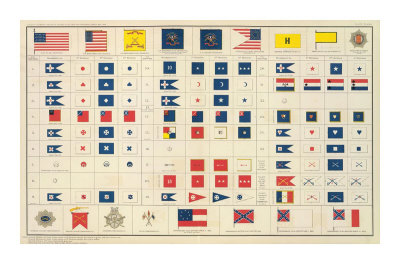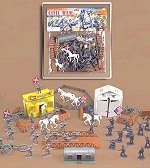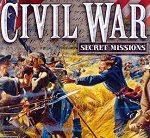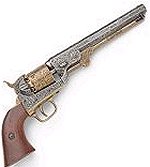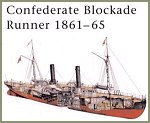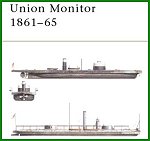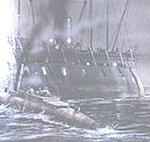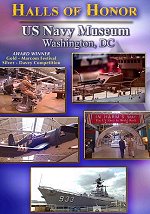USS Bainbridge (1842-1863)
USS Bainbridge , a 259-ton brig built at the Boston Navy Yard, was commissioned in December 1842. She operated with the Home Squadron until mid-1844 and then alternated in service with the Brazil and African Squadrons until 1860. In 1859-60 Bainbridge participated in the punitive expedition against Paraguay.
In May 1861, soon after the Civil War began, Bainbridge was sent to the Gulf of Mexico to enforce the blockade of the Confederacy and to protect United States shipping. While in that area in May and June 1862, she participated in the capture of three blockade runners. Following a brief trip north, Bainbridge returned to the Gulf area in August 1862. She encountered a damaging storm at Aspinwall, Columbia (later Panama) in late November 1862 that forced her to jettison much of her equipment, armament and supplies. Repaired at New York in May-August 1863, USS Bainbridge was en route south on 21 August 1863 when she capsized off Cape Hatteras. Only one of her crewmen survived this disaster.
USS Bainbridge was named in honor of Commodore William Bainbridge (1774-1833), one of the leading figures of the early 19th Century U.S. Navy.
Sketch by George H. Rogers, depicting Bainbridge cruising off Cuba in 1862, when the artist served on board her.
Note the dialogue written above the sketch: "Lookout at masthead - 'S-a-i-l O-h!' Officer deck - 'Where away?'. 'Three points off the Starboard bow Sir'. 'Can you make her out?'. 'No Sir'. 'Well keep a sharp lookout there'. 'Aye, Aye, Sir'"
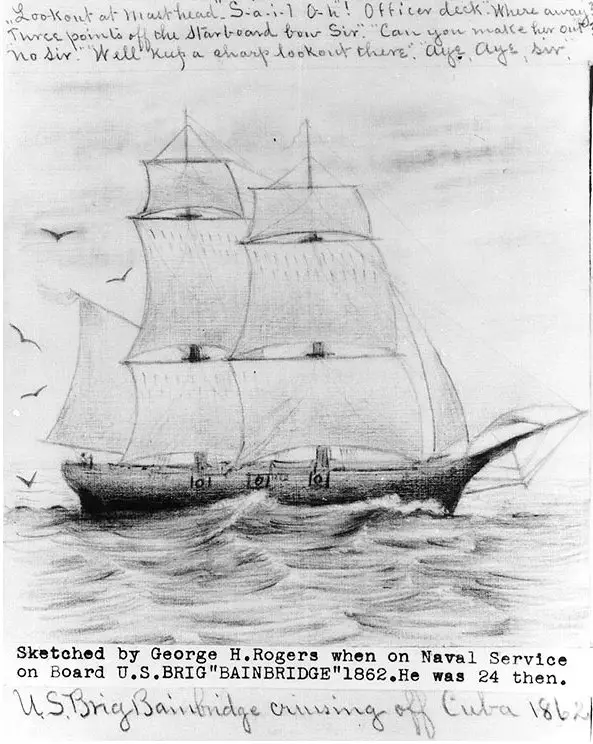
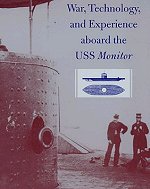
War, Technology, and Experience aboard the USS Monitor
The experience of the men aboard the Monitor and their reactions to the thrills and dangers that accompanied the new machine. The invention surrounded men with iron and threatened their heroism, their self-image as warriors, even their lives
Kindle Available

Naval Strategies of the Civil War: Confederate Innovations and Federal Opportunism
Compare and contrast the strategies of the Southern Secretary of the Navy, Mallory, against his rival in the North, Welles. Mallory used technological innovation and the skill of individuals to bolster the South's seapower against the Union Navy's superior numbers
